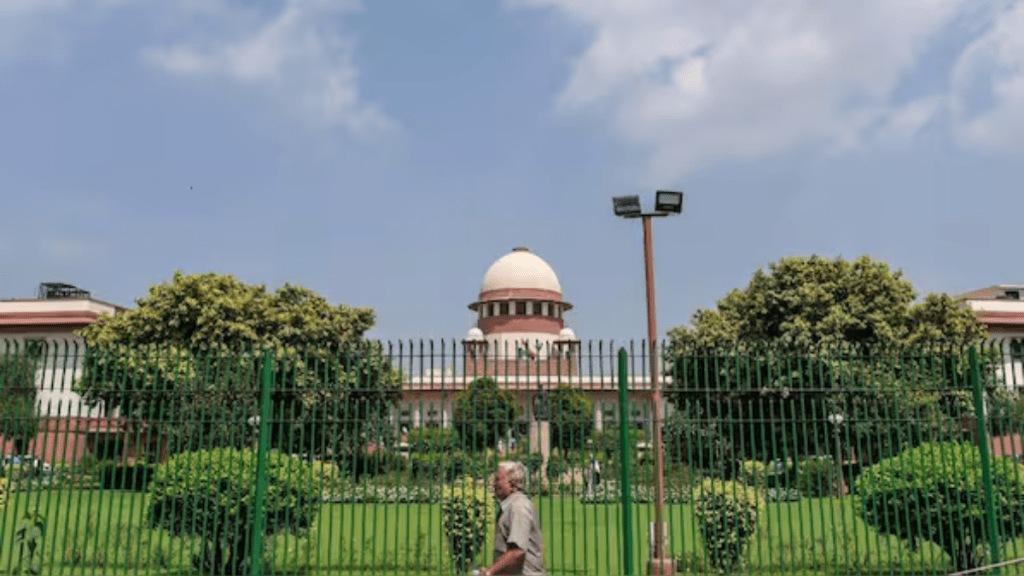The Supreme Court of India admitted a secretly recorded phone call as evidence in a divorce case on Monday. The decision sets aside an earlier ruling from the Punjab and Haryana High Court that had deemed it a breach of privacy to secretly record the telephonic conversation of a spouse. Justice BV Nagarathna however noted that such an action was also a clear sign than the marriage had already fallen into disrepair.
“If the marriage has reached a stage where spouses are actively snooping on each other, that is in itself a symptom of a broken relationship and denotes a lack of trust between them,” the Bench said.
The High Court had earlier held that recording the telephonic conversation of the wife without her knowledge was a ‘clear breach’ of fundamental rights. As such the HC had refused to allow the recording as evidence before a family court. The apex court however held on Monday that that snooping between partners was an “effect” and not a “cause of marital disharmony”.
“Some arguments have been made that permitting such evidence would jeopardise domestic harmony and matrimonial relationships as it would encourage snooping on the spouses, therefore, infringing the objective of Section 122 of the Evidence Act. We don’t think such an argument is tenable,” the SC opined.
The verdict referred to Section 122 of the Evidence Act which protected the communications made during marriage from being disclosed by one spouse without the consent of the other. It outlines that “no person who is or has been married, shall be compelled to disclose any communication made to him during marriage by any person to whom he is or has been married”.
The Supreme Court bench has now restored the trial court order and said recorded conversations can be taken note of during the matrimonial proceedings. The family court was also ordered to proceed with the case after taking judicial note of the recorded conversations.
What was the case background?
The case stemmed from a matrimonial dispute between two persons , who were married in 2009 and have a daughter born in 2011.The husband filed for divorce in 2017 citing marital discord, later amending the petition in 2018. As part of his evidence, the husband sought to submit a supplementary affidavit along with memory cards, a compact disc, and transcripts of telephonic conversations with his wife, recorded during 2010 and 2016. The family court at Bathinda had allowed the submission of these materials in 2020. However, this order was challenged by the wife in the High Court, which set aside the family court’s order, ruling that the evidence had been obtained without consent and violated the respondent’s right to privacy.

